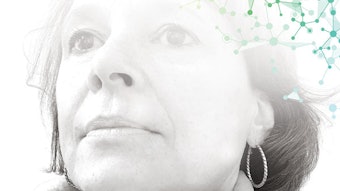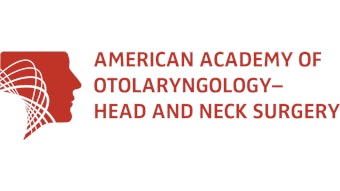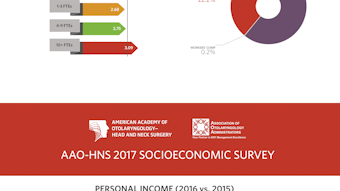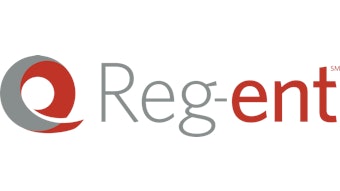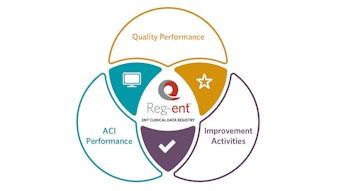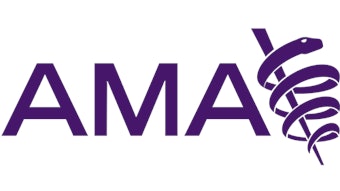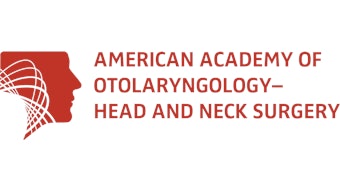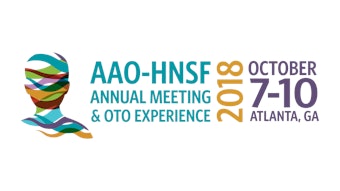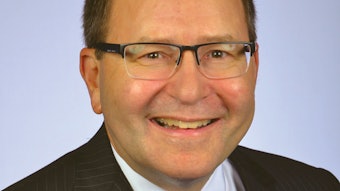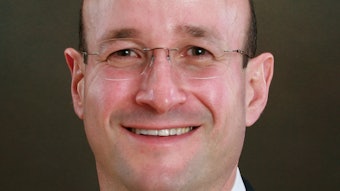Board of Governors | Otolaryngology: Are we a unified specialty?
At our recent Washington state society meeting, I bumped into a friend who works as a solo private practitioner in the community. She feels burned out by her administrative burdens and worries that her practice is not sustainable. She also fears that solo general practice is dying due to trends toward subspecialization and practice mergers.
Sanjay R. Parikh, MD, BOG Chair
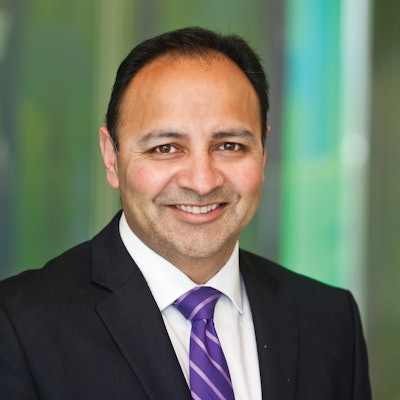 Sanjay R. Parikh, MD
Sanjay R. Parikh, MD
Starting this month, I am honored to serve as the 35th chair of our Academy’s Board of Governors (BOG). The BOG was established as a forum for Academy members and society leaders to share practice challenges and help steer the Academy toward prioritizing issues which best support its members. For this upcoming year, I’ll ask our BOG committees to work on three goals:
- Member Unity: This past year, the BOG Governance and Society Engagement (GSE) Committee did an amazing job of initiating the ‘State OTO Society Roundtable’ near our Academy headquarters in Alexandria, VA. It was extremely well-attended by the majority of state society delegates just prior to our Academy’s annual Leadership Forum & BOG Spring Meeting. This year, our GSE Committee will transition this roundtable to an annual forum for understanding and unifying the voices of our membership, regardless of specialty interest, across all states.
- Member Burnout: The BOG Legislative Affairs Committee works on your behalf to advise our Academy’s federal and state advocacy teams on current issues. This year, our Legislative Affairs Committee will focus on federal and state advocacy that quantifies and reduces the administrative and regulatory burden on all otolaryngologists regardless of practice pattern or subspecialty interest.
- Member Diversity: The BOG Socioeconomic and Grassroots (SEGR) Committee has held steadfast in its core mission of understanding member practice challenges and lobbying for improvement. This year, this committee will be partnering with our Academy’s Young Physicians Section, Section for Residents and Fellows-in-Training, Women in Otolaryngology Section, and Diversity and Inclusion Committee to build objectives and content as it relates to promoting an understanding of diversity within our Academy. I personally believe the face of otolaryngology has changed, and we must promote leadership and direction within the Academy that supports all of our members.
I look forward to the next time I see my friend at our state society meeting. I will tell her that the Academy and the BOG are listening to her concerns, that we are unified in our mission to support her practice and her patients, and that we want to engage her voice in an effort to produce change. Otolaryngology may be the best specialty in medicine. I believe this as I look forward to waking up and caring for my patients every day. The BOG exists to unify, support, and engage otolaryngologists so they may share this sentiment.
